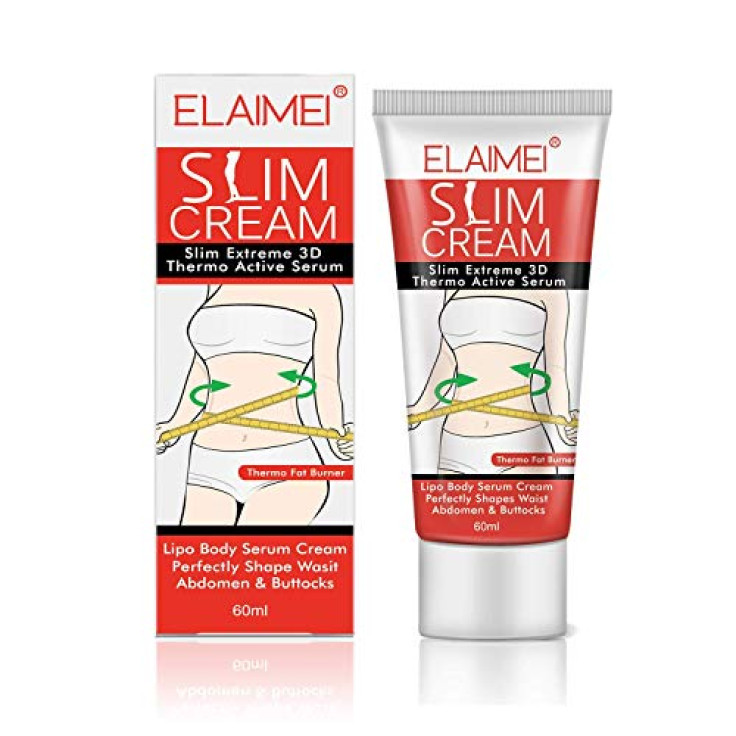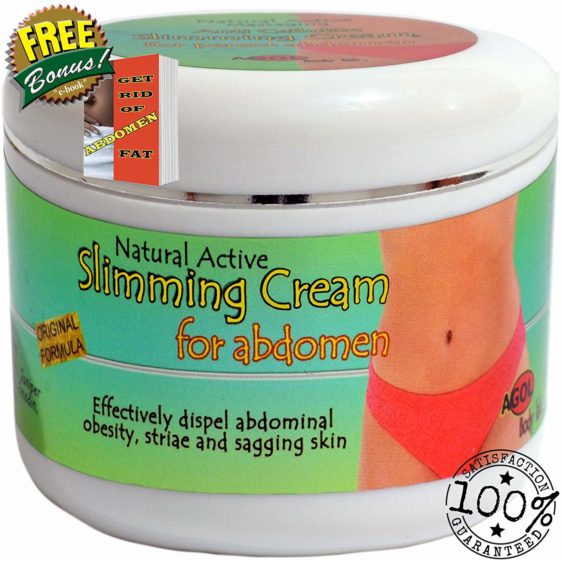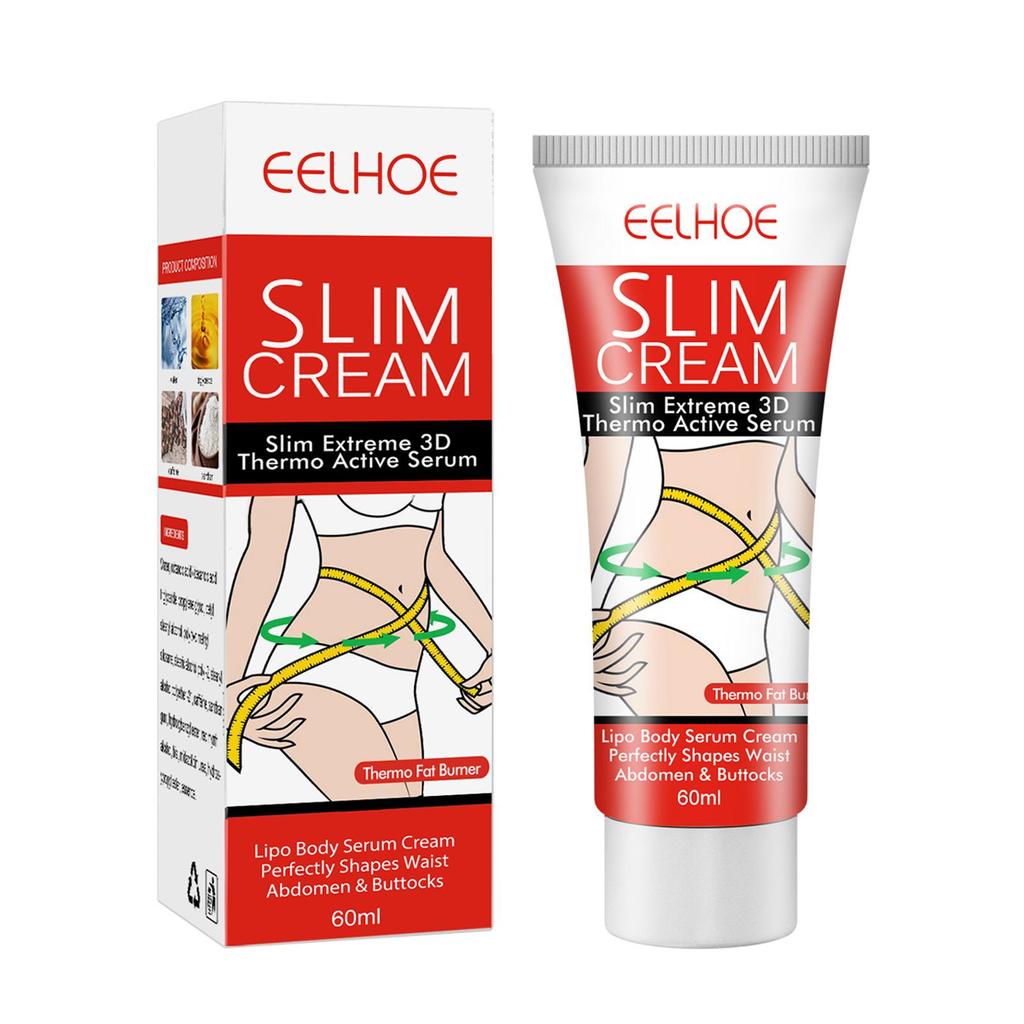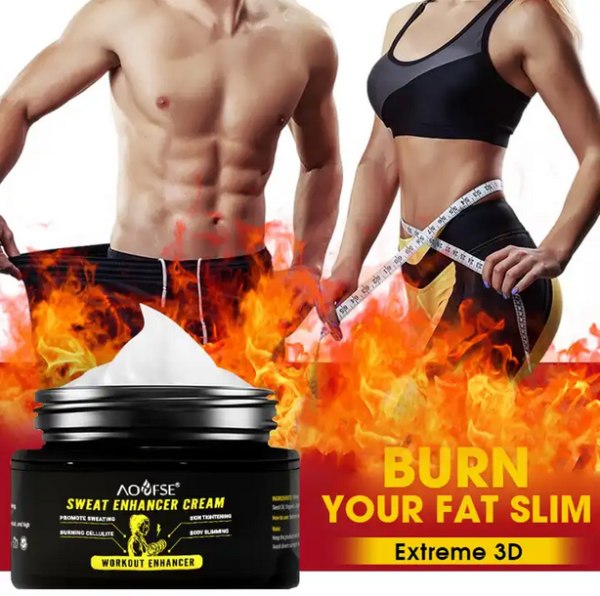Fat Burning Cream For Extreme Weight Loss

The allure of effortless weight loss continues to fuel a multi-billion dollar industry, with topical fat-burning creams promising targeted reduction and a sculpted physique. These creams, often marketed with claims of dissolving stubborn fat and tightening skin, are increasingly popular, yet their efficacy and safety remain subjects of intense debate among medical professionals and consumers alike.
This article delves into the science, or lack thereof, behind these products, examining the ingredients they contain, the evidence supporting their claims, and the potential risks associated with their use. Furthermore, we will explore expert opinions, regulatory oversight, and the crucial need for informed consumer choices in a market often driven by marketing hype rather than scientific rigor.
The Promises and the Reality
Fat-burning creams typically contain a cocktail of ingredients, often including caffeine, aminophylline, forskolin, and various plant extracts. The purported mechanism of action revolves around stimulating lipolysis – the breakdown of fat cells – and increasing local blood flow.
However, independent studies and meta-analyses offer a more nuanced perspective. Many of the active ingredients, while showing some promise in laboratory settings, have limited penetration through the skin barrier to reach the deeper subcutaneous fat layers where they need to be effective. Dr. Emily Carter, a board-certified dermatologist, explains, "The skin is a remarkable barrier, and many of these compounds simply don't reach the target tissue in sufficient concentrations to produce significant fat reduction."
The U.S. Food and Drug Administration (FDA) does not pre-approve cosmetic products, including fat-burning creams, before they go to market. The responsibility falls on the manufacturers to ensure their products are safe and properly labeled. However, the FDA can take action against products that are adulterated or misbranded, meaning they contain harmful ingredients or make false or misleading claims.
Ingredient Deep Dive: Are They Effective?
Caffeine, a common ingredient, is believed to stimulate lipolysis by inhibiting phosphodiesterase, an enzyme that breaks down cyclic AMP (cAMP), a molecule involved in fat breakdown. Aminophylline, a derivative of theophylline, is also a phosphodiesterase inhibitor.
Forskolin, derived from the Indian coleus plant, is claimed to increase cAMP levels directly. However, the topical application of these ingredients often yields minimal systemic effects.
Some creams incorporate ingredients like L-carnitine, which plays a role in transporting fatty acids into mitochondria for energy production. Other ingredients include antioxidants, such as green tea extract, that are intended to reduce inflammation and improve skin appearance.
“While individual studies may show small, statistically significant changes, these are often not clinically relevant,” warns Dr. David Miller, an endocrinologist specializing in obesity management. “The effect size is usually minimal, and it’s difficult to isolate the effect of the cream from other lifestyle factors like diet and exercise.”
Potential Risks and Side Effects
The use of fat-burning creams is not without potential risks. Skin irritation, allergic reactions, and contact dermatitis are commonly reported side effects.
Some ingredients, when absorbed systemically, can have more serious consequences. Caffeine, for instance, can cause jitters, anxiety, and increased heart rate, particularly in individuals sensitive to stimulants. Dr. Sarah Chen, a toxicologist, cautions, "The concentration of active ingredients can vary significantly between products, and consumers may inadvertently apply excessive amounts, increasing the risk of systemic absorption and adverse effects."
Moreover, the lack of stringent regulatory oversight means that some products may contain undeclared ingredients or contaminants that can pose health risks. Consumers should exercise caution and carefully review the ingredient list before using any topical fat-burning cream.
Expert Opinions and Scientific Evidence
The consensus among medical experts is that fat-burning creams are unlikely to produce significant, lasting weight loss. While some individuals may experience temporary improvements in skin texture or a slight reduction in circumference due to fluid loss, these effects are typically transient and do not address the underlying causes of excess body fat.
Instead, experts emphasize the importance of a holistic approach to weight management, including a balanced diet, regular exercise, adequate sleep, and stress management. "There's no magic bullet for weight loss," says Dr. Michael Reynolds, a professor of nutrition science. "Sustainable weight loss requires a commitment to healthy lifestyle changes, and these creams are simply not a substitute for that."
The American Academy of Dermatology does not endorse the use of fat-burning creams for weight loss. Their official statements emphasize the importance of consulting with a dermatologist or other qualified healthcare professional before using any product that makes claims about altering body composition.
Regulatory Landscape and Consumer Protection
The regulatory framework governing the cosmetic industry in the United States is less stringent than that for pharmaceuticals. The FDA does not require pre-market approval for most cosmetic products, including fat-burning creams. This means that manufacturers are largely responsible for ensuring the safety and labeling accuracy of their products.
However, the FDA can take action against products that are adulterated, misbranded, or contain harmful ingredients. The Federal Trade Commission (FTC) also plays a role in regulating the advertising claims made by cosmetic companies. The FTC can investigate and prosecute companies that make false or misleading claims about their products.
Consumers can protect themselves by carefully researching products, reading reviews, and consulting with healthcare professionals. It's crucial to be skeptical of exaggerated claims and to prioritize products that are transparent about their ingredients and manufacturing processes. The Better Business Bureau is a resource for identifying scams and questionable products.
Looking Ahead: The Future of Fat Reduction
While topical fat-burning creams may not offer a viable solution for significant weight loss, ongoing research is exploring other potential approaches to targeted fat reduction. Technologies such as cryolipolysis (CoolSculpting) and radiofrequency therapy have shown promise in selectively destroying fat cells without surgery.
These procedures, however, are typically performed by medical professionals and are subject to regulatory oversight. As research progresses, new and more effective technologies may emerge, but it's unlikely that a simple cream will ever replace the need for a healthy lifestyle.
Ultimately, consumers should approach claims of effortless weight loss with skepticism and prioritize evidence-based strategies for achieving and maintaining a healthy body weight. A consultation with a registered dietitian, physician, or certified personal trainer can provide personalized guidance and support.


















